Mark your calendars - these dates are rooted in Celtic tradition.
There are eight special sacred days, holidays, and festivals in Ireland that date back to the old Celtic world.
Christianity adopted many of their feast days to match the old Celtic traditions - learn about them below:
St Brigid's Day - Imbolc
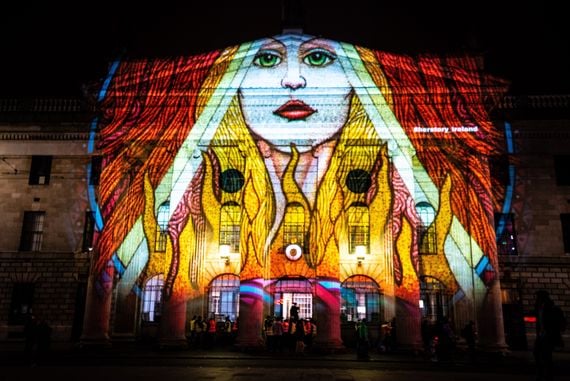
St. Brigid's Day - Imbolc.
The year's first sacred holiday, the feast day of Saint Brigid, is celebrated on February 1, marking the beginning of Spring.
The Bogha Bríde or Brigid's Day Cross is the symbol of the day. Traditionally, reeds or straw are collected from the fields and crafted into a cross. St. Brigid is Ireland’s first native saint, the most celebrated Irish female saint, and was the Abbess of one of the first convents in Ireland.
St. Patrick's Day - Spring Equinox
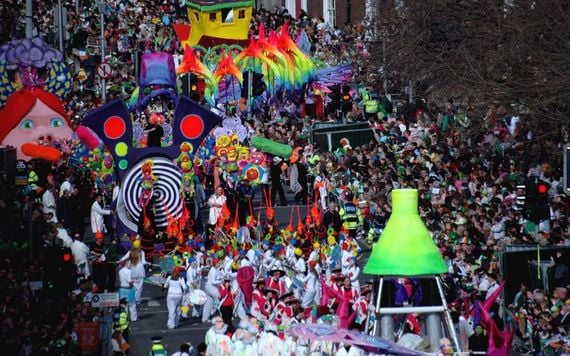
The most well known and widely celebrated of all the Celtic traditional holidays. Photo source: Tourism Ireland.
Around the globe, Irish people and those of Irish descent celebrate St. Patrick's Day on March 17, which is one of Ireland's biggest holidays.
The special holiday is devoted to the patron saint of Ireland. The religious day is marked by a special mass for the feast and traditionally everyone wears green. This is considered the middle of the Spring season and is also referred to as the Spring Equinox.

Celebrate everything Irish this March with IrishCentral's global community.
May Day - Bealtaine

Celebrate May Day at Uisneach Fire Festival.
May Day, the 1st of May, is a Holy Day in Ireland that marks the start of the summer season.
Centuries ago, bonfires were lit to welcome the arrival of summer. In Ireland, depending on what day the holiday falls on, the feast is marked by a public holiday.
In towns around the country, May Day fairs are held where farmers and traders all gather in towns to sell their wares.
Midsummer - Summer solstice
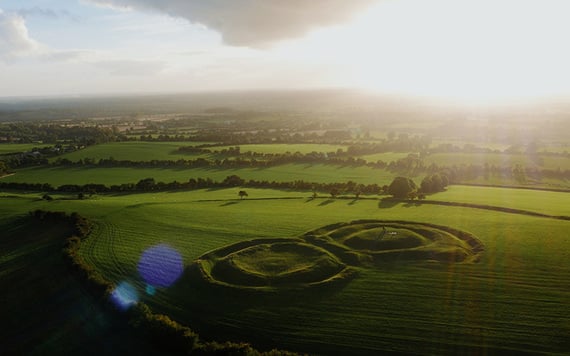
Summer Solstice at Hill of Tara.
The summer solstice is marked in parts of Ireland by bonfires on the side of the road. It is usually celebrated on June 23, the longest day of the year. In rural Ireland communities gather and for their local bonfire and celebrate the longest day of the year with song and dance.
Lughnasa
In ancient times this sacred day marked the beginning of harvest on August 1. It honored the Celtic God of Lugh.
In Gaelic folklore, it was the time for hand-fastings or trial marriages that would last a year and a day, which could then be renewed. Many celebrate the holiday today with reunions, bonfires, and dancing.
Autumnal/Fall Equinox
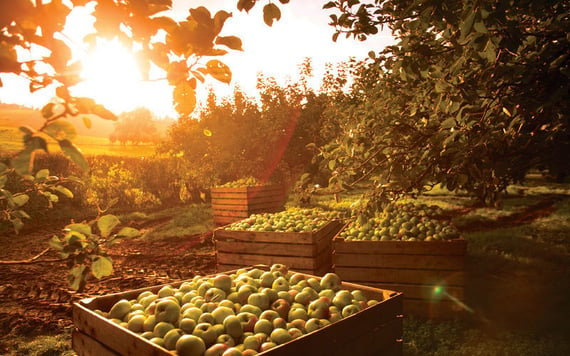
Apple orchard in Armagh during the harvest. Image: Tourism Ireland.
Similar to the St. Patrick's Day festival, the Autumn/Fall Equinox celebrates when night and day are of equal duration and usually falls in the middle of Fall, around September 21.
The symbol of the sacred day is the cornucopia as all the harvest is collected and the stocks for winter is hoped to be plentiful.
Samhain
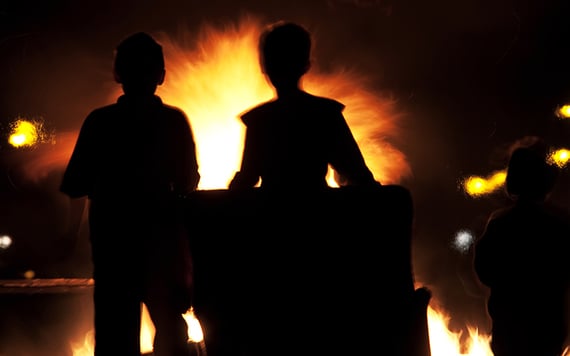
A bonfire celebrating Samhain
This day falls between two days: Oíche Shamhna (October 31) and Lá na Marbh (November 1st).
Oíche Shamhna is Halloween and Lá na Marbh is the Day of the Dead, or All Souls Day when those who have passed away are remembered.
It marks the beginning of the “darker half” of the year as the winter approaches.
Winter Solstice
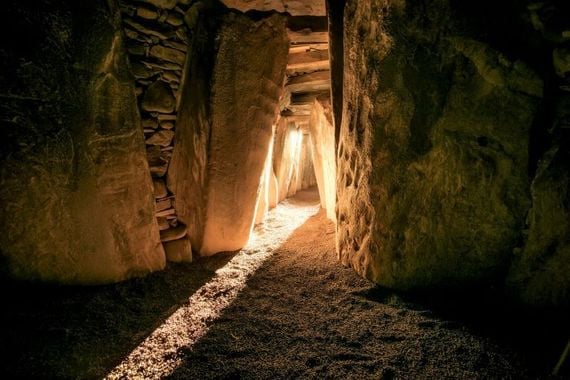
The Winter Solstice at Newgrange.
The winter solstice celebrates the shortest day of the year and, depending on the calendar, occurs between December 21-23.
Annually, hundreds of people gather in Newgrange, Co. Meath, Ireland to watch the sunrise magically illuminate the ancient burial site.
* Originally published in 2013.

Love Irish history? Share your favorite stories with other history buffs in the IrishCentral History Facebook group.
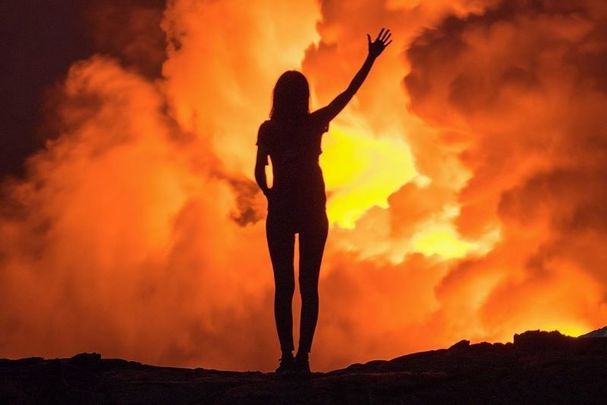
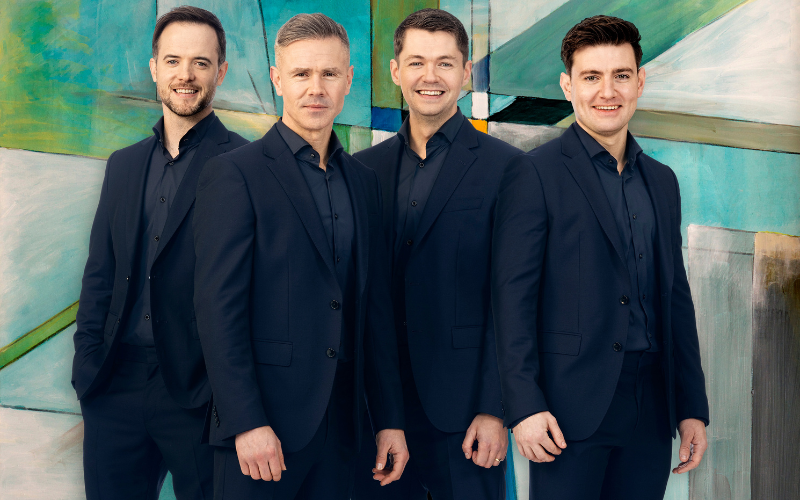

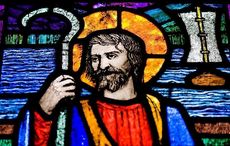
Comments